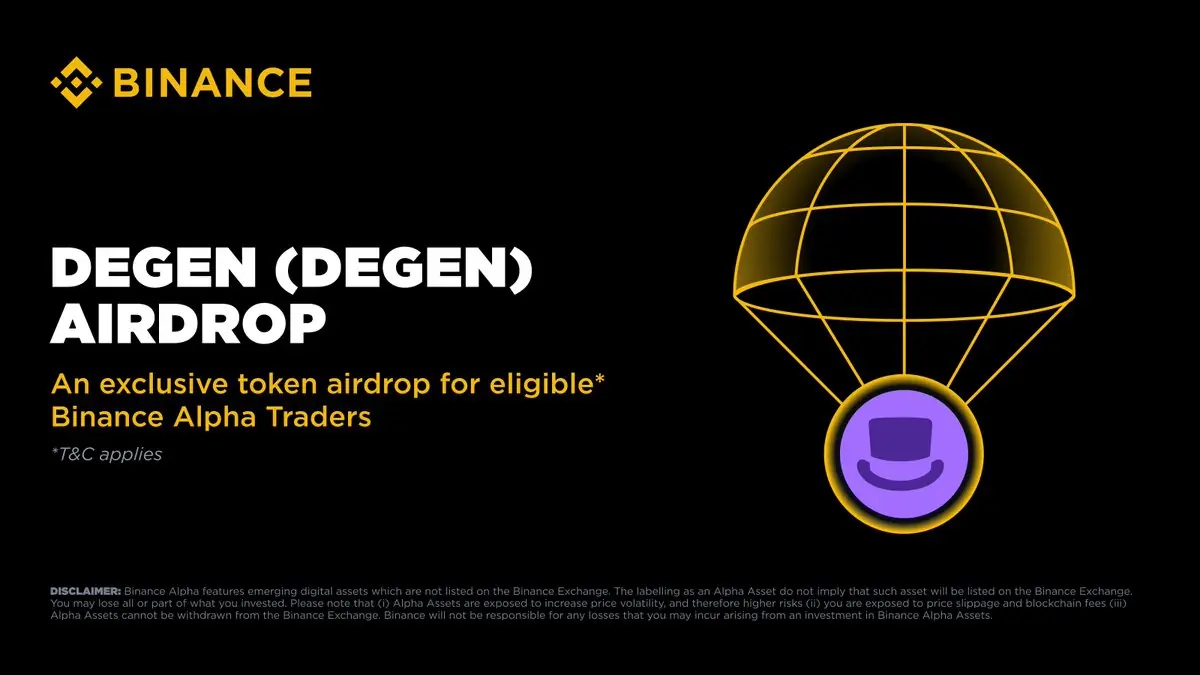In an official announcement, the platform stated that all users based in India must now submit their PAN (Permanent Account Number) card details to continue using their accounts.
This move is part of Binance’s broader strategy to comply with India’s Anti-Money Laundering (AML) regulations and to enhance account security. The exchange emphasized that the new requirement is not exclusive to Binance but applies to all crypto platforms operating under India’s AML framework.
What Is PAN and Why It Matters
The PAN card, issued by the Income Tax Department of India, is a unique 10-digit alphanumeric identifier used by individuals and organizations primarily for tax-related purposes. It also plays a crucial role in tracking and regulating financial transactions.
Binance’s decision to incorporate PAN verification reflects the growing pressure on crypto exchanges to adhere to stricter regulatory norms, particularly in regions with evolving digital asset policies like India.
Re-Verification Process & User Impact
According to Binance, affected users have begun receiving emails with clear instructions on how to complete the re-verification process. Failure to provide valid PAN information could lead to account restrictions or even permanent suspension.
The company assured users that all personal data submitted, including PAN details, will be securely stored and protected in accordance with its privacy policy and Indian data protection laws.
Regulatory Context
India has significantly tightened its oversight of the crypto sector in recent years. By mandating KYC (Know Your Customer) and AML compliance measures such as PAN submission, regulators aim to curb illicit financial activities and bring greater transparency to the fast-growing digital asset space.
Binance’s compliance with these measures signals its intention to continue operating in one of the world’s most promising yet challenging crypto markets.
The post Binance Implements Mandatory PAN Re-Verification for Indian Users Amid AML Compliance Push appeared first on Coindoo.














 Bengali (Bangladesh) ·
Bengali (Bangladesh) ·  English (United States) ·
English (United States) ·